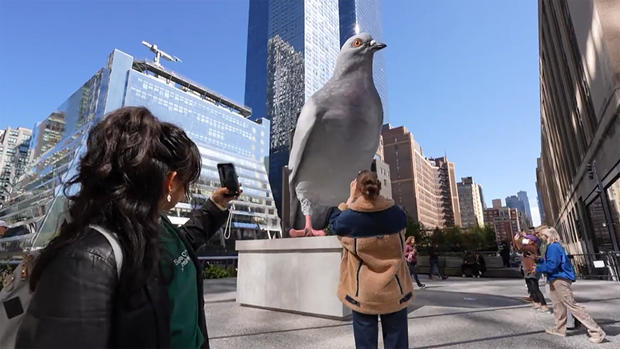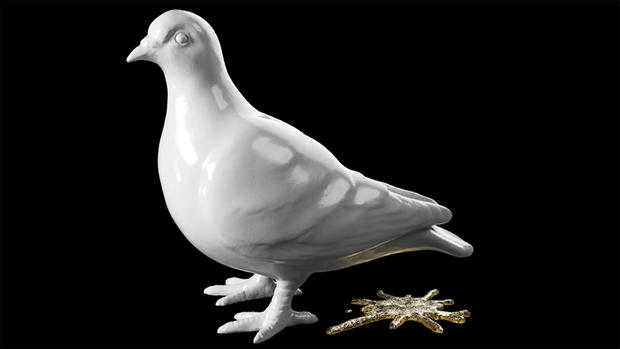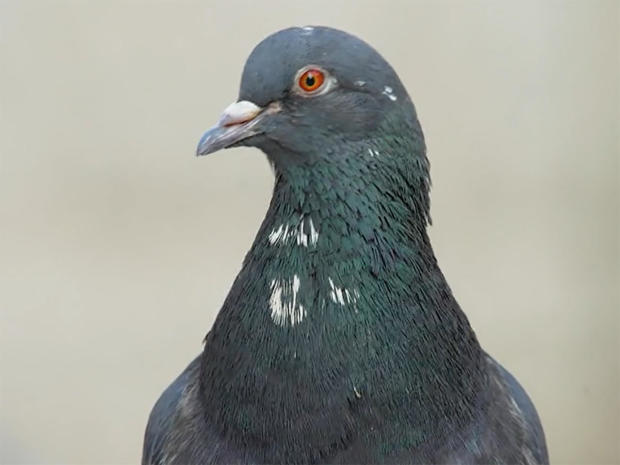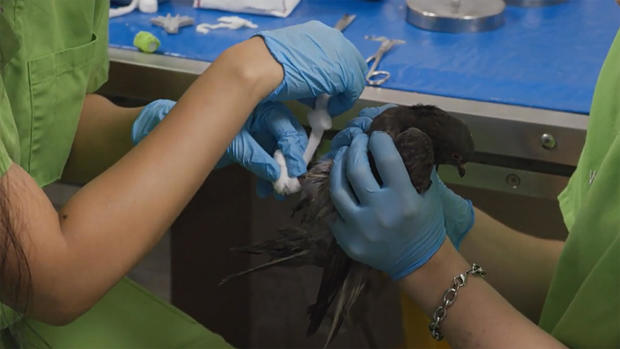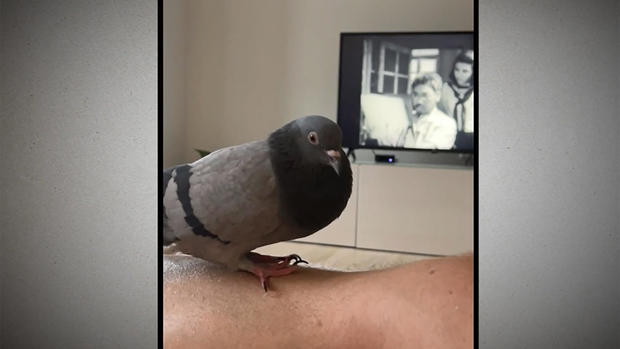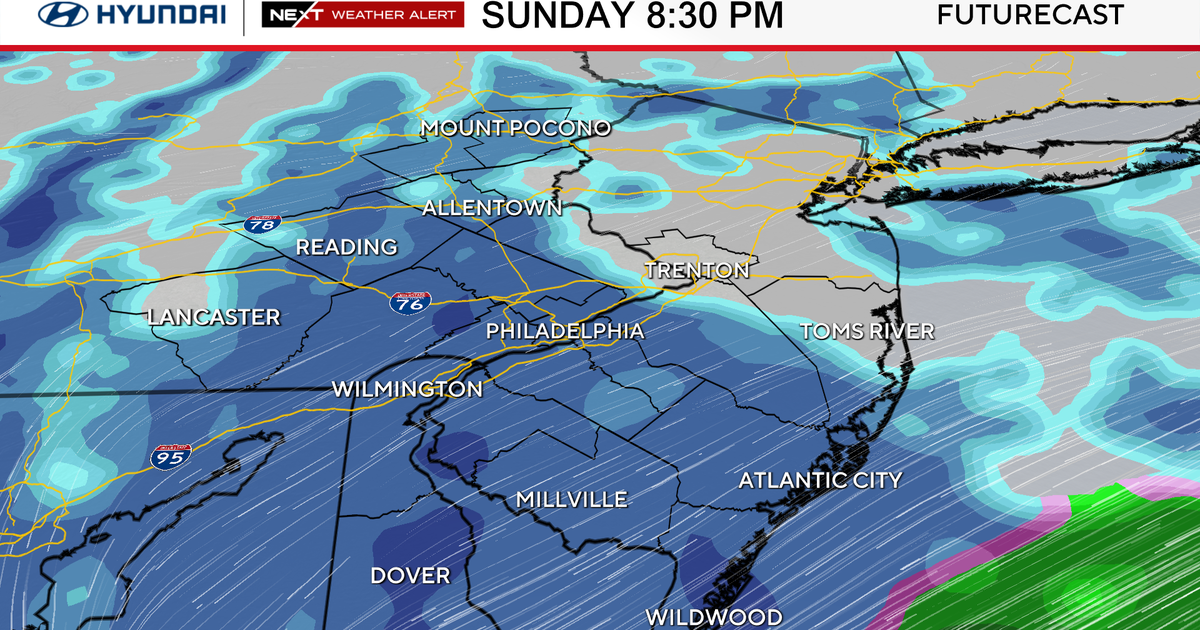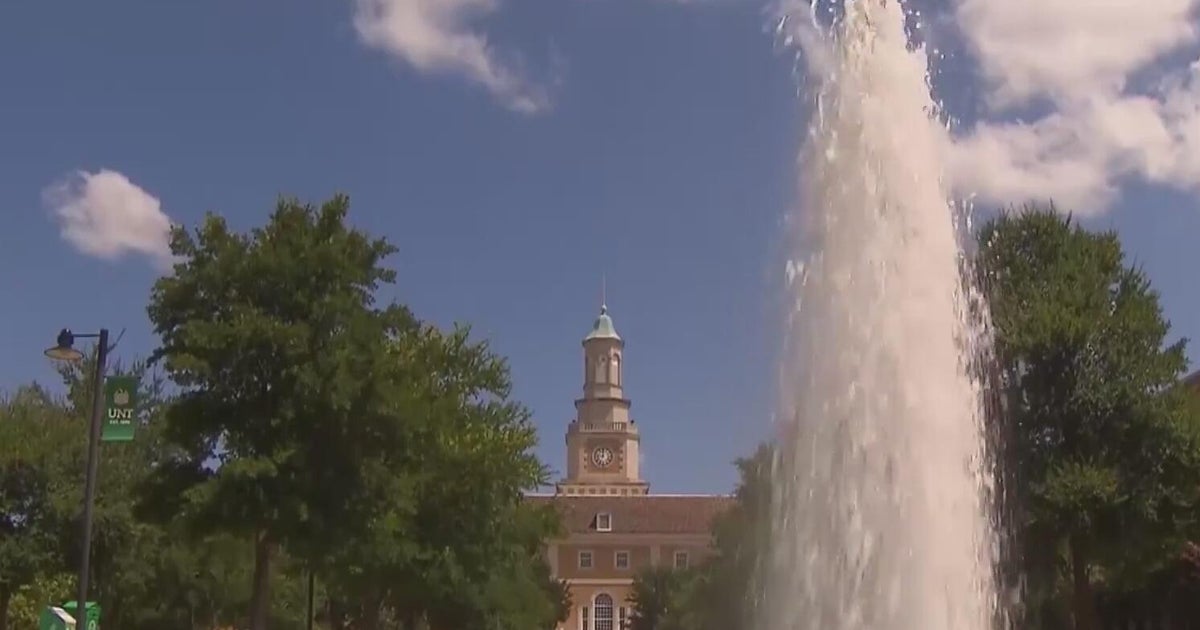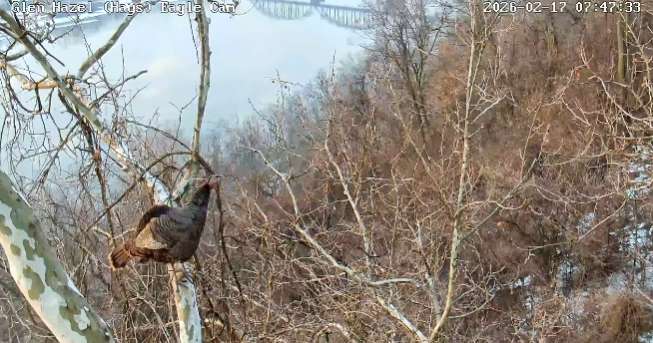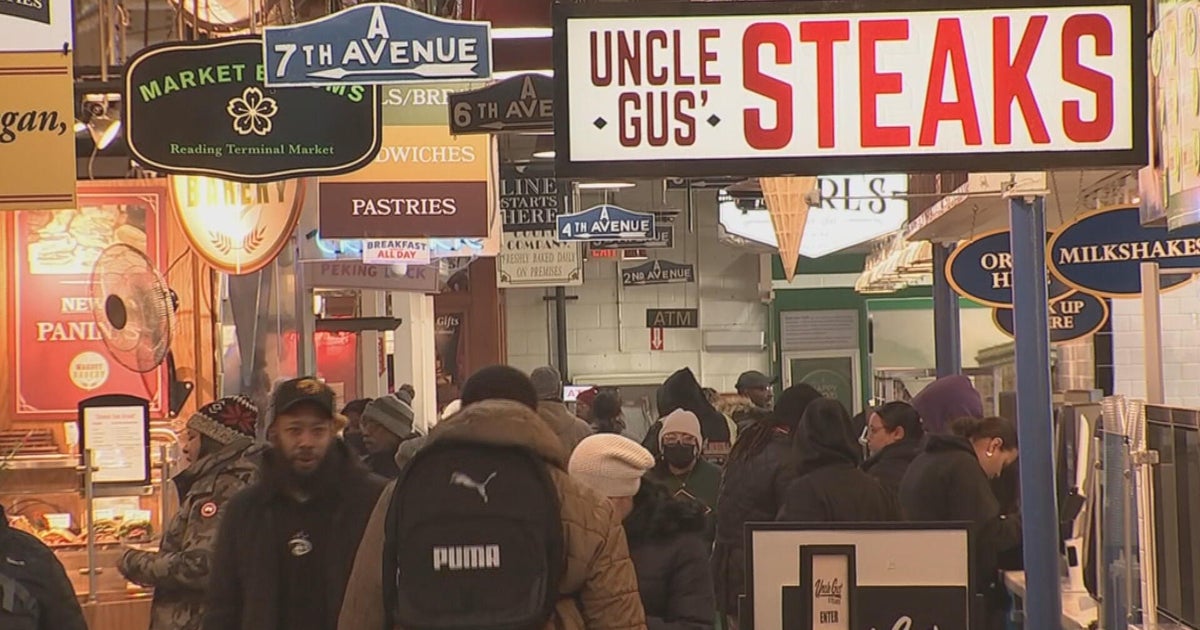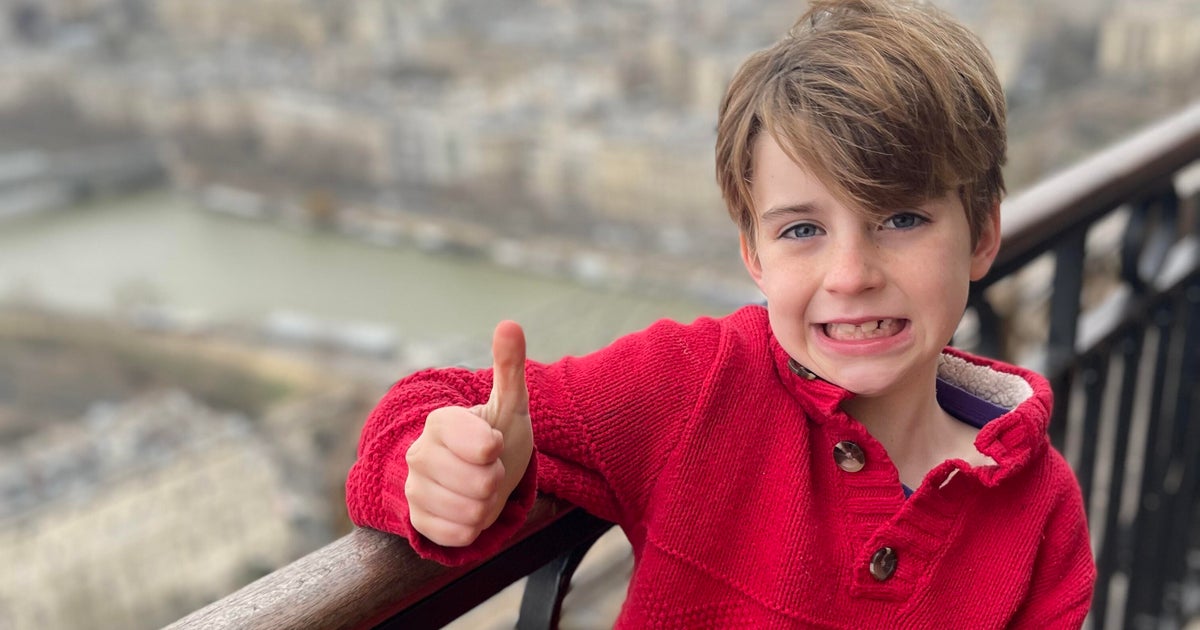What you never knew about pigeons
Meet "Dinosaur," the 17 foot tall, two-ton aluminum pigeon. For the next year-and-a-half, its perch will be New York City's High Line.
"Pigeons and birds, as we know, are what remains of dinosaurs," said artist Iván Argote. "So, what if we transform a pigeon and we bring it to a scale of a Tyrannosaurus rex? Maybe we're looking now [at] what pigeons see from us. Maybe we're now the pigeons, and we're the ones running away, and then they're, like, the dominant ones."
Argote says it's about time pigeons get the hero treatment: " 'Dinosaur' is, like, a very serious proposition of what could be a monument that doesn't celebrate men, a war, a victory, but that celebrates a bird that's been with us for, since, forever."
But the project, like the bird itself, plays to mixed reviews. "People either love them or hate them, but still, it's a very iconic animal of New York City," Argote said.
And New York isn't the only city paying tribute to them. Earlier this year, the London Museum unveiled its controversial new logo:
So, why are so many people not too keen on pigeons? Rita McMahon, who founded the Wild Bird Fund, a rehab center for injured wildlife in New York City, said, "My personal belief is, they don't see them, they don't watch them, they don't understand them."
McMahon points to a put-down from the 1960s, when Thomas Hoving, who was then the New York City Parks Commissioner, referred to the urban pigeon as "a rat with wings." And it stuck. "That was terrible," McMahon said.
Early European settlers brought pigeons to America to breed as food. Some became feral, and as we built cities with tall buildings, these natural cliff-dwellers found themselves right at home. "They like high places," McMahon said. "We're giving them cliffs, the canyons of New York. We are their cliffs now."
During both World Wars, pigeons became valuable partners thanks to their visual acuity and homing ability. According to McMahon, paratroopers would leap out of planes with pigeons, and use those pigeons to send messages. "They know landmarks, they remember things, they remember people," McMahon said. The birds became war heroes. "They received more medals of honor for saving lives than any other animal," she said.
She says they also score off the charts on visual intelligence tests: "They can recognize words. They can recognize when it's a garbage word: 'No, those letters don't go together.'"
And among city dwellers, they're the main wildlife people get to see. "If we can get people to look and understand pigeons," McMahon said, "it's their gateway bird to seeing nature more."
At New York's Wild Bird Fund, more than half of the 12,000 birds they receive each year are pigeons, some just babies. And a handful, unreleasable into the wild, get adopted. Ghob was one of those few. Jeffery Jones, her "pet parent," says she's one spoiled pigeon.
"She's like a housebroken pet," Jones said. "She loves to, like, just lay around and preen and watch TV. I mean, I'm not joking!"
What does Ghob like to watch? "Criterion Channel," Jones said. "Refined taste!"
Jones, a high fashion photographer, volunteers at the Wild Bird Fund, and takes pictures of their pigeons, too. In 2020, during COVID, he and his wife, Jada, fostered Ghob. They never intended to become pigeon parents. But Jones said, when they gave Ghob back, "I know this sounds crazy, but I noticed that she was looking sort of sluggish in the cage, and she seemed really depressed. Like, this bird is, like, not doing well by itself. I said, 'I'm taking Ghob. She's not doing well. She's gonna die.' So like, I took her."
Now, he said, "I'm 'married with pigeons.'"
Pigeons like Ghob can live around 15 years. In the wild, their lives are substantially shorter. Jeffrey and Jada celebrated her fourth birthday this past July.
"Ghob's amazing, in every single way," Jones said. "It's Ghob's world, you know? We're just living in it!"
For more info:
- Art on the High Line: "Dinosaur" by Iván Argote, at the Spur, 30th St. & 10th Ave. (through Spring 2026)
- Artist Iván Argote
- Wild Bird Fund
- Photographer Jeffery Jones (Instagram)
- Photographer Andrew Garn
Story produced by Robbyn McFadden. Editor: Carol Ross.
